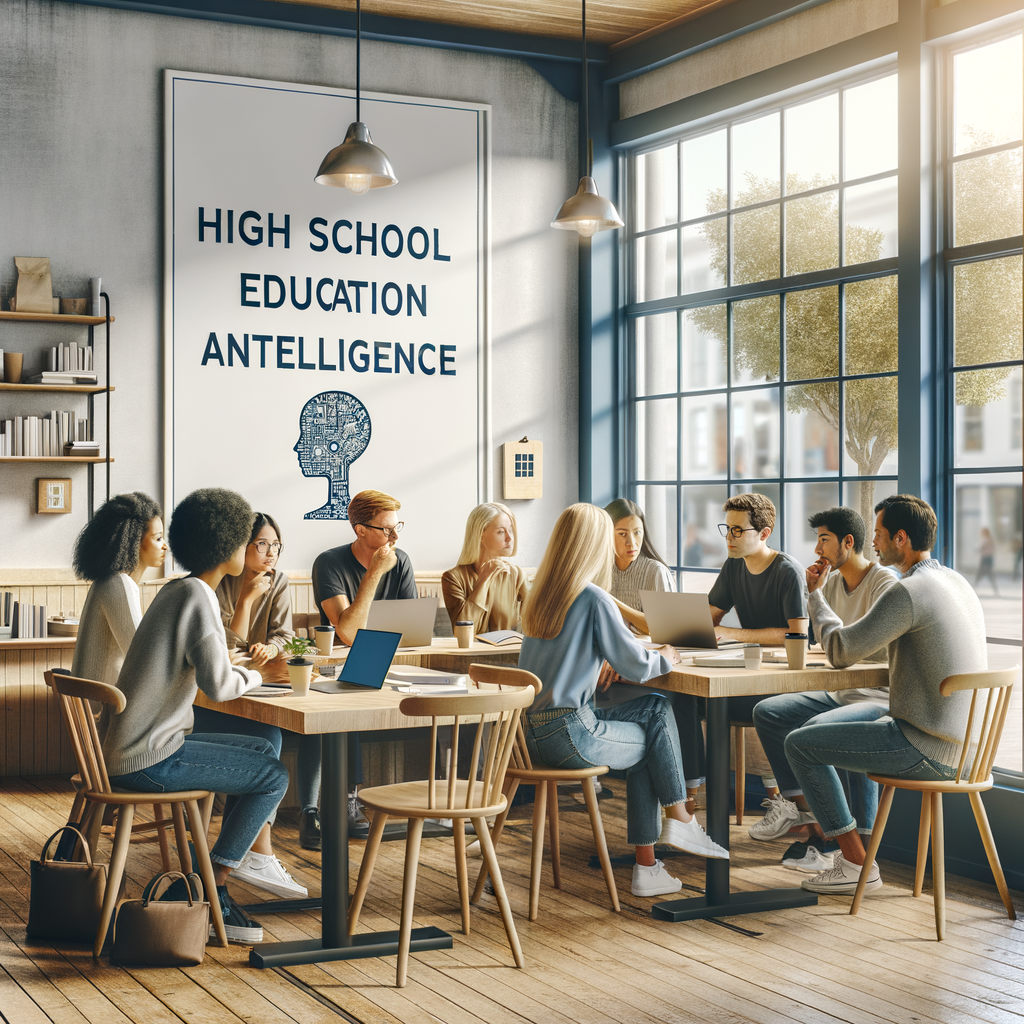The integration of Artificial Intelligence (AI) in education is no longer a futuristic dream. It has become a reality that is profoundly impacting high school education. The onset of AI is revolutionizing how students learn, how teachers instruct, and how the education system functions as a whole. This article seeks to delve deeper into the incorporation of AI in high school classrooms, its profound impact on education, and the future it holds.
Unmasking the Integration of AI in High School Classrooms
AI technology is becoming increasingly prevalent in today’s classrooms, particularly at the high school level. As students increasingly interact with advanced technology outside the classroom, schools are recognizing the importance of incorporating such tools in education. AI, in this context, is being used in a variety of ways: to provide personalized learning experiences, to enhance student engagement, to facilitate administrative tasks, and to bridge gaps in learning.
This incorporation is not without its challenges. Teachers must undergo training to familiarize themselves with AI technology and to understand how to best use it to enhance their teaching. Similarly, schools must invest in the necessary infrastructure and resources to support AI integration. Despite these initial hurdles, the benefits of incorporating AI in high school education far outweigh the costs.
Adaptive learning platforms, intelligent tutoring systems, and AI-powered educational games are just a few examples of how AI is being integrated into high school classrooms. These tools are designed to enhance the learning experience by providing personalized instruction, immediate feedback, and interactive learning opportunities.
Furthermore, AI is being used to streamline administrative tasks, freeing up time for teachers to focus on instruction. From grading assignments to monitoring student progress, AI is revolutionizing the way high schools operate.
The Profound Impact of AI on High School Education
The impact of AI on high school education is profound and multi-dimensional. On the student level, AI provides a personalized learning experience that adapts to each student’s unique learning style and pace. This fosters a deeper understanding of the material and boosts student engagement.
AI is also having a significant impact on teachers. By automating routine tasks, AI allows teachers to focus more on teaching and less on administrative tasks. Furthermore, AI can provide teachers with valuable insights into their students’ progress, helping them identify areas where students may need additional support.
At a system level, AI is helping to democratize education. By making quality education accessible to all regardless of location or socioeconomic status, AI is helping to level the playing field.
Finally, the integration of AI in high school classrooms is preparing students for the future. By exposing them to AI technology, students are acquiring the skills and knowledge they will need to navigate a world that is increasingly driven by AI and advanced technology.
The Future Unveiled: AI Revolutionizing High School Education
The future of AI in high school education looks promising. As AI technology continues to improve and innovate, its potential applications in education are endless. From personalized learning to predictive analytics, AI is set to revolutionize high school education in ways we can only begin to imagine.
AI is expected to become even more integrated into the high school curriculum, not only as a tool for learning but also as a subject of study. As the demand for AI skills continues to grow, high schools will need to equip students with a sound understanding of AI and its applications.
AI is also expected to play a significant role in shaping the future of assessment. AI-powered assessments can provide real-time feedback to students, enabling them to continuously improve their learning.
Lastly, AI is set to revolutionize the way schools operate. By automating administrative tasks and providing valuable insights into student progress, AI will enable schools to operate more efficiently and effectively.
In conclusion, the integration of AI in high school classrooms is transforming education as we know it. From personalized learning to streamlined administration, AI is profoundly impacting high school education. Although it comes with its share of challenges, the potential benefits of AI in education are undeniable. As we look to the future, it is clear that AI will continue to revolutionize high school education, paving the way for a more efficient, inclusive, and innovative education system.

